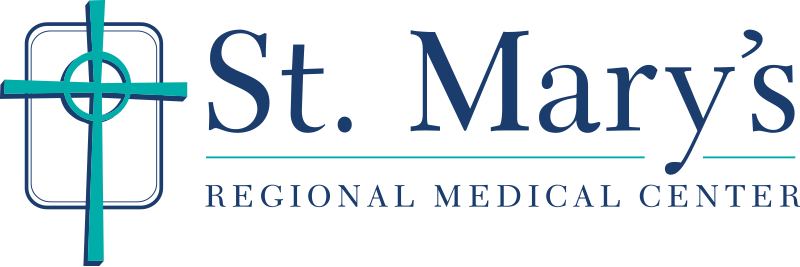Learn how to address the world’s most common physical disability
 According to the Centers for Disease Prevention and Control, lower back pain (LBP) causes more disability worldwide than any other condition, with 25% of adults reporting LBP at least once over a three-month period.
According to the Centers for Disease Prevention and Control, lower back pain (LBP) causes more disability worldwide than any other condition, with 25% of adults reporting LBP at least once over a three-month period.
The CDC categorizes back pain into three types:
- Acute back pain is caused primarily by a sudden injury to the muscles or ligaments supporting the back. It lasts four weeks or less.
- Subacute back pain can last anywhere between four to 12 weeks. This type of pain is typically caused by a more serious injury or impact to the back or supporting muscles and ligaments. It can also be caused by underlying conditions like a herniated disc or muscle strain.
- Chronic back pain is any back pain that lasts longer than 12 weeks. Chronic back pain is often a symptom of underlying conditions like arthritis or degenerative disc disease.
All three types of back pain can interfere greatly with day-to-day life. Your doctor can help you come up with an individualized treatment plan to help you feel better faster. Recommended treatments depend on your type of back pain, the presence of underlying conditions and individual health goals.
Common treatments for lower back pain
Lower back pain is often treated with:
- Physical therapy. Physical therapy is often the first step in treating LBP and is a vital part of most treatment plans. It can help increase range of motion, decrease tightness and increase strength in supporting muscle groups like the core to take the strain off your lower back.
- Injection-based treatments. Injections are not a long-term solution for LBP, but they may be able to significantly reduce pain and swelling. These treatments include nerve blocks and epidural steroid injections.
- Pharmacologic treatments. Anti-inflammatory drugs and muscle relaxants can help relieve immediate pain in very severe cases. However, these drugs often have undesirable side effects and are not recommended for long-term use.
- Acupuncture and other alternative treatments. Alternative medicine can make a major difference for those suffering from back pain. These are typically noninvasive methods that may bring sustained relief. Common alternative treatment methods include acupuncture, massage, laser therapy and electrical nerve stimulation.
- Diet modifications. Foods high in trans fats, sugars and processed foods all contribute to inflammation. Decreasing or eliminating your intake of these foods may provide some relief. Also, foods like tomatoes, green leafy vegetables, fish and certain nuts and fruits have beneficial anti-inflammatory properties. Talk to your physician about coming up with an anti-inflammatory meal plan to incorporate these foods into your diet.
In some cases, surgery is required. Surgery is a great option for people with severe or chronic pain. In contrast to other types of intervention, surgery can provide long-term relief, reducing the ongoing need for risky pain medications.
At St. Mary's Regional Medical Center, we are pleased to offer minimally invasive spinal surgical methods, such as robotic surgery. These surgeries can significantly reduce blood loss, pain and scarring after surgery, and shorten hospital stays and recovery time.
Talk to your doctor today about the best back pain treatment for you. Surgery could be the first step to a happy and healthier life.
